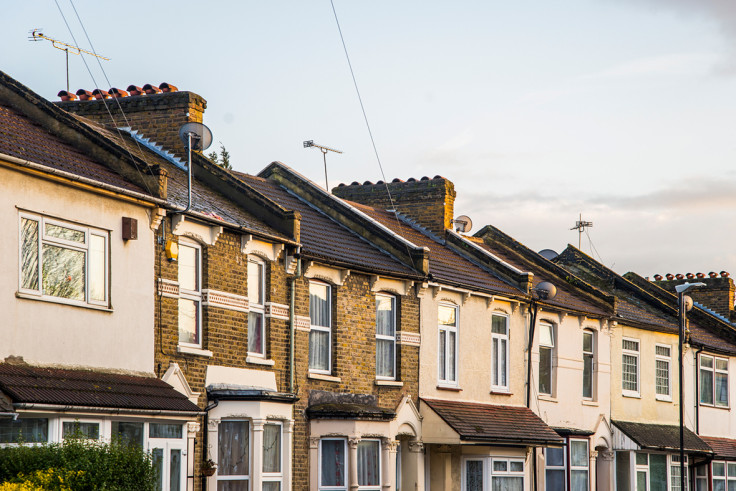House prices fell in August but a Brexit-triggered crash 'should be avoided'
Halifax house price index says slowdown is in line with its forecasts.

House prices fell in August, said Halifax. The average UK price dropped 0.2% month-on-month to £213,930. Affordability concerns, tax hikes on property investors, and uncertainty surrounding the vote for Brexit are all weighing on demand.
Over the year, house prices were still rising, up 6.9% on August 2015. But this is also a slowdown from July's annual rate of 8.4%.
"House price growth continued the trend of the past few months in August with a further moderation in both the annual and quarterly rates of increase," said Martin Ellis, housing economist at Halifax. "There are also signs of a softening in sales activity.
"The slowdown in the rate of house price growth is consistent with the forecast that we made at the end of 2015. Increasing difficulties in purchasing a home as house prices continued to increase more quickly than earnings were expected to constrain demand, curbing house price growth."
Capital Economics, an economic research consultancy, said in a note that the Halifax index shows "a minor post-referendum dip in house prices. But with the economic data increasingly pointing away from a full-blown recession and interest rates set to stay low for the foreseeable future, a correction in house prices should be avoided."
Rapid growth in house prices over the past few years has stretched affordability for many first-time buyers. Housebuilding levels are running well below those needed to meet demand, fuelling price rises.
There are a number of government schemes in place to support first-time buyers onto the property ladder, such as Help to Buy and shared ownership homes. The Treasury also raised taxes, such as stamp duty for property investors, in a bid to reduce competition in the market, making it easier for first-time buyers.
Moreover, the Bank of England slashed its base rate in half to 0.25% and boosted its stimulus by £170bn in response to the EU referendum result, amid fears it would drag the economy into recession as businesses delay or drop investment. Mortgage borrowers are among the biggest beneficiaries of lower interest rates.
© Copyright IBTimes 2024. All rights reserved.






